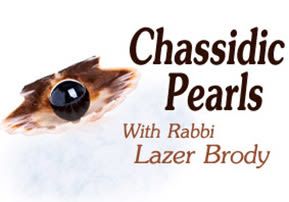
Chukat: Optical Illusions
A Torah law, or mishpat, is a logical commandment designed to insure the harmony and welfare of a society...

“This is the decree of the Torah…a completely red heifer” (Bamidbar 19:2).
A Torah law, or mishpat, is a logical commandment designed to insure the harmony and welfare of a society. Such laws include the prohibitions against murder, adultery, and dishonesty.
In contrast, a chok, or decree of the Torah, is a Torah commandment that defies rationale or human understanding. There are many decrees in the Torah, such as the prohibition of wearing fabrics made from a combination of wool and linen, the prohibition of eating milk and meat, and the prohibition against crossbreeding, just to name a few. Yet, the decree that requires us to use the ashes of a burnt red heifer in the ritual purification process is the only decree that is introduced by the preface of “This is the decree of Torah.” Why?
The preparation and implementation of the holy purification water made with the ashes of the Red Heifer have a strange characteristic. All the priests that participate in the slaughter of the Red Heifer and the burning of its flesh become ritually contaminated, or impure. Yet, when the Red Heifer ashes are mixed with the holy water, they purify the ritually impure. So, we have a situation where the fulfillment of this same Torah decree makes the pure become impure and the impure become pure. Confusing?
The decree of the Red Heifer is essentially symbolic of the material world. Things that look real, such as wealth and physical pleasures are nothing but illusions, here today and gone tomorrow. Yet, absolute truth – the existence of Hashem as Creator and sole Ruler of the world, who personally controls everything that ever occurred, occurs, or will occur in the universe – isn’t visible at all to the physical eye. So, like the Red Heifer, what you see in this world is not really there, and what you don’t see is alive and real.
Rebbe Nachman of Breslev warns us (see Sichot HaRan, discourse 51), “Take my advice and do not let the world fool you.”
To better understand Rebbe Nachman’s above advice, let’s look at the following parable:
Grisha had never been to Moscow in his life. Out on the vast Siberian plains where he grew up, a person was either healthy or defunct – there was no in-between, no doctors, no hospitals, and no medicines. There weren’t even spoons or forks for that matter. The Siberian peasants thought that a fork was only good for pitching hay or straw; it never occurred to them that a hand-sized version of the implement could facilitate eating.
One day, out of the clear blue, a letter arrived for Grisha. Inside was a train ticket for Moscow with a twenty-ruble banknote for pocket money from a long-lost uncle that wanted to see Grisha before the former passed on to the next world. Thrilled, the Siberian peasant prepared himself for the imminent journey.
Needless to say, everything in Russia’s west was odd, new, and fascinating to the bumpkin from the Siberian plains. Grisha saw horseless carriages, marvelous structures, fountains, stores, and all sorts of sites that he’d never seen before. Things were exciting, yet puzzling. There seemed to be so much confusion in this world.
Grisha’s uncle was the administrator of the Moscow hospital. He decided to show his nephew the wonders of modern medicine with a tour through the various wards. When they arrived at the surgical ward, the uncle took Grisha to a glass-paned observation room, from where they could see an operation actually taking place. He explained to Grisha how the doctors are able to remove infected parts of the body to save the entire body.
Grisha scratched his head; he understood his uncle’s words, but he wasn’t sure of their meaning.
Suddenly, he saw a sleeping patient wheeled in on a bed. A nurse lifted the patient’s gown, and spread alcohol on the patient’s abdomen. A doctor entered with scalpel in hand, and made an incision on the patient’s flesh…
Grisha shrieked hysterically, “Murderer! He’s murdering that person in his sleep! Uncle, stop this right now!” Grisha started banging on the glass windows with his fists; it took four brawny male nurses to restrain him.
“Calm down, nephew,” said the uncle. He explained to Grisha what an appendectomy was, and that if the doctor doesn’t complete the operation within the next few minutes, the infected appendix could burst, and toxins would pour through the patient’s blood stream, and the patient would die.
“The doctor is no murderer,” explained the uncle patiently, “on the contrary, he’s a compassionate healer!”
* * *
This world is similar to the decree of the Red Heifer – just as the red heifer is deceiving, for the impure becomes pure and the pure becomes impure – this material world of ours is an optical illusion where fantasy is reality and reality is fantasy. A simple peasant’s naïve and ignorant claim that the surgeon is a murderer doesn’t alter the fact that the surgeon is a compassionate healer.
Likewise, a simpleton that lacks faith often sees Hashem’s way of doing things as apparent cruelty. Yet, one of the foundations of emuna, faith, is that Hashem does everything for the very best.
So, don’t let the world fool you, as Rebbe Nachman of Breslev warns; when a person trusts in Hashem, ultimately – by virtue of emuna – he or she merits to understand how everything Hashem ever does in their lives was for the absolute best. May Hashem grant all of us unshakeable faith in His holy name, amen.


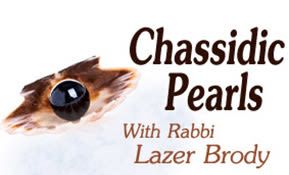
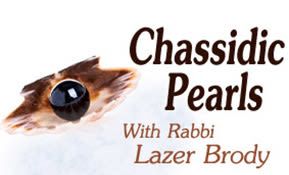
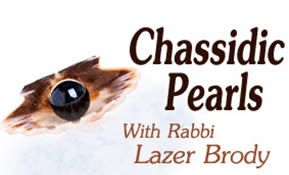
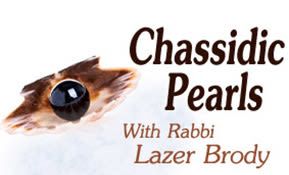
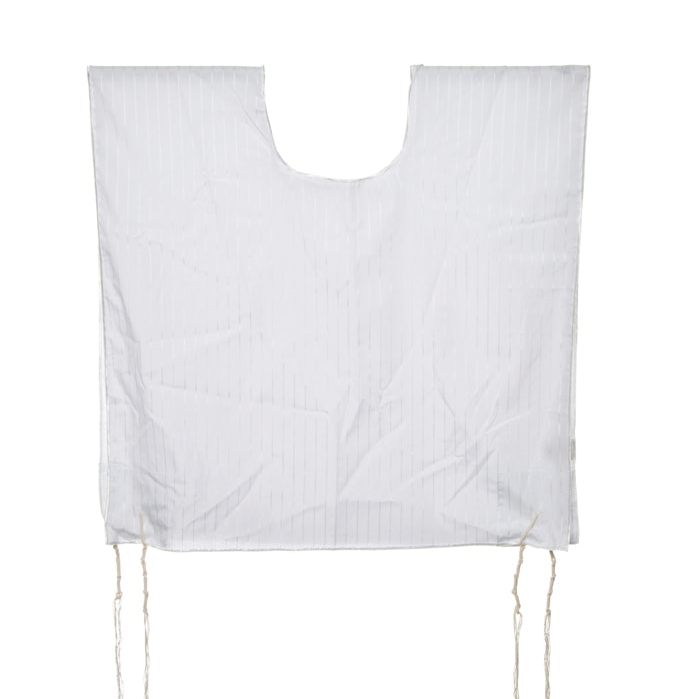
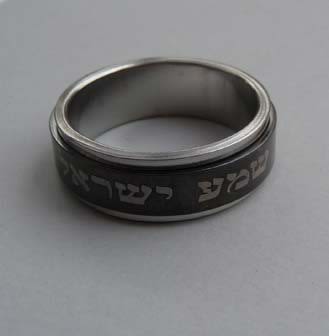


Tell us what you think!
Thank you for your comment!
It will be published after approval by the Editor.